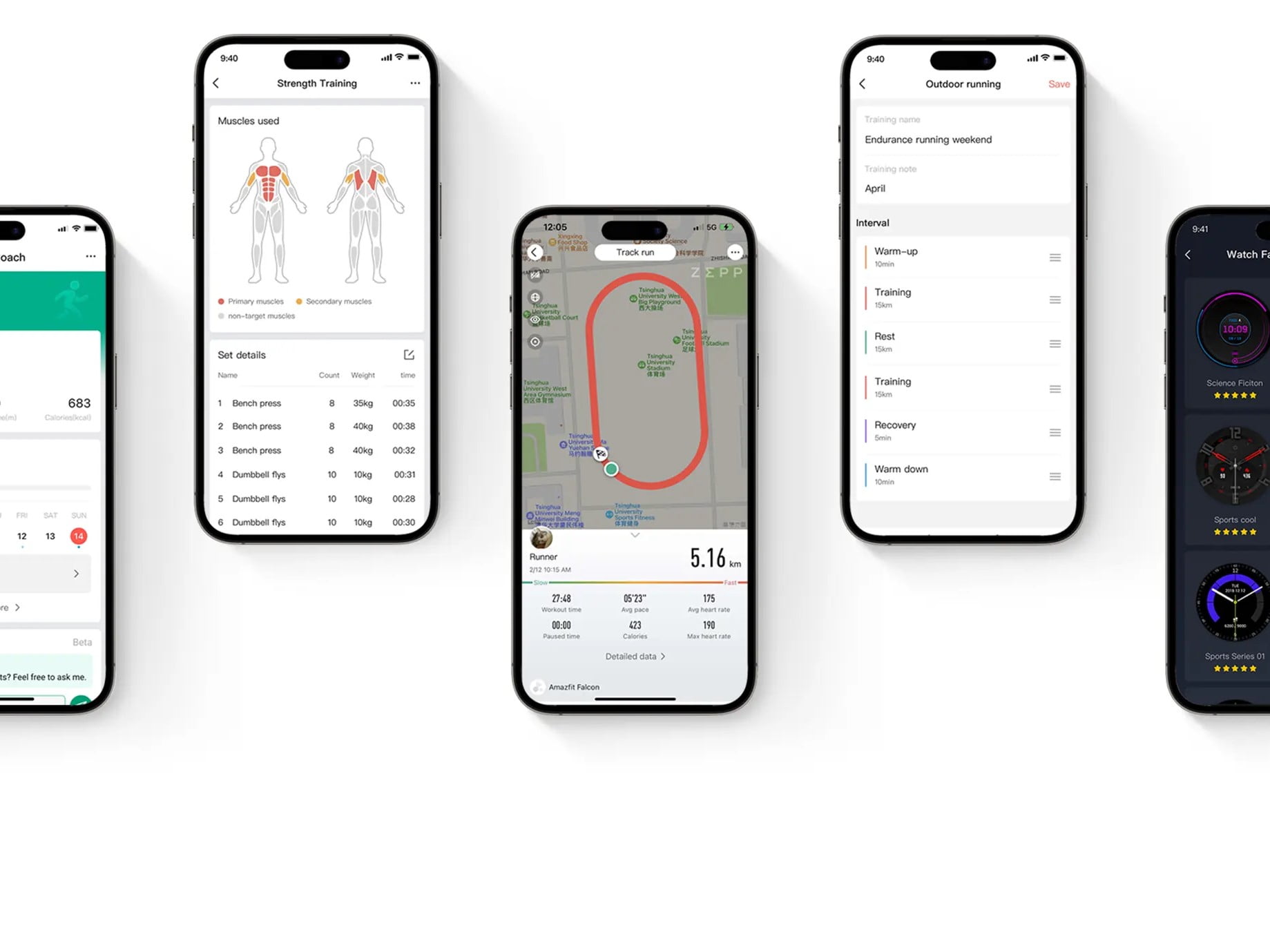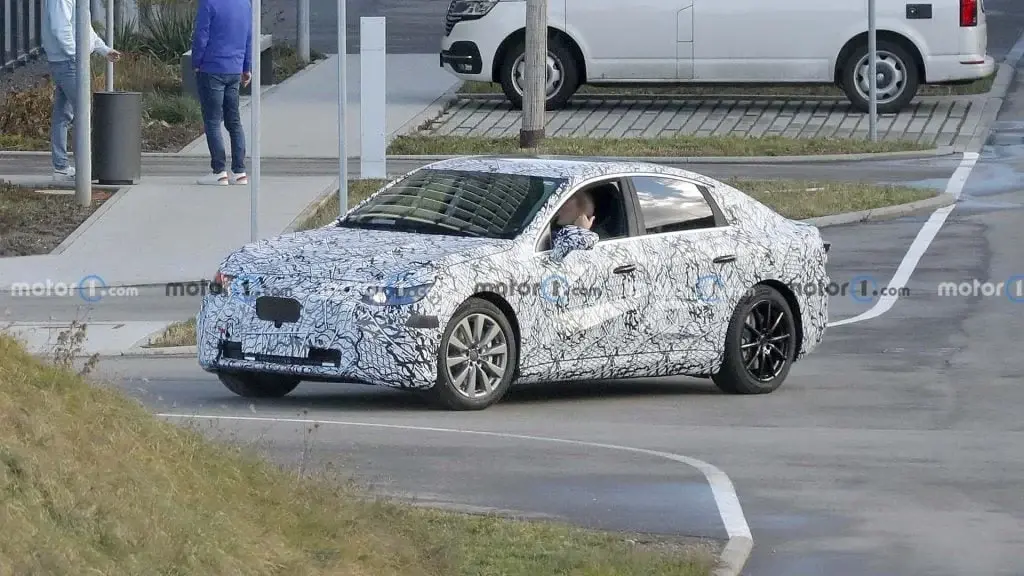WhatsApp Introduces Secret Code Feature for Locked Chats
WhatsApp is constantly improving its user experience through beta testing, where selected users assist in identifying and resolving bugs, refining features, and assessing functionality. Beta testers are given early access to new innovations, allowing for the detection of potential glitches and ensuring stable updates before a global release.
New Beta Update: Version 2.23.24.20
In its latest beta update (version 2.23.24.20), WhatsApp has introduced a secret code feature for locked chats. This feature is currently available to some beta testers and aims to enhance privacy by allowing users to hide the entry point to view locked chats.
How Does the Secret Code Feature Work?
With the secret code feature, users can configure a secret code that will make the entry point disappear from the chat list. Instead, users can access locked chats by entering the secret code in the Chats tab's search bar. Additionally, WhatsApp is adding a new feature that enables users to easily clear their list of locked chats directly from the privacy settings. This is particularly useful for users who may forget their secret code, as it prevents them from being locked out of their conversations.
Enhanced Privacy and Security
The secret code feature ensures that locked conversations remain hidden, safeguarding sensitive information from unauthorized access or accidental exposure. Even if someone gains physical access to a user's phone, they will not be able to access these secured conversations without the secret code.
Gradual Rollout and Future Updates
WhatsApp plans to gradually roll out the secret code feature to more users in the coming weeks. The company aims to gather feedback and make any necessary improvements before potentially releasing it as a stable update in the future.
Ongoing Development of New Features
Aside from the secret code feature, WhatsApp is also working on other features to further enhance user privacy and convenience. One of these features includes the ability to hide IP addresses during calls, providing an additional layer of privacy. Additionally, WhatsApp is developing an alternate profile feature that allows users to separate their work and personal communication within the app.
In-App Ads Confirmed by WhatsApp Head
Furthermore, WhatsApp has confirmed its intention to introduce in-app ads. The head of WhatsApp has acknowledged this plan, indicating that users can expect to see advertisements within the app in the future.
WhatsApp remains committed to continuously improving its platform and ensuring a seamless user experience. Through beta testing and the introduction of new features, the company aims to provide enhanced privacy, security, and functionality for its global user base.



